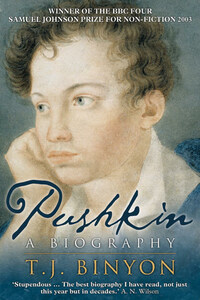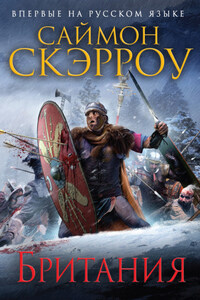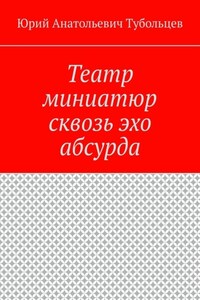By now it is not so much Pushkin, our national poet, as our relationship to Pushkin that has become as it were our national characteristic.
ANDREY BITOV, 1986
âPUSHKIN IS OUR ALL,â declared the critic and poet Apollon Grigorev in 1854.>1 His famous remark is perhaps the best expression of Pushkinâs significance, not merely for Russian literature, or even for Russian culture, but for the Russian ethos generally and for Russia as a whole. At the time, however, his was a lone voice. Though Pushkin had been acclaimed as Russiaâs greatest poet during his lifetime, his reputation had begun to sink during his last years. The decline continued after his death in 1837, reaching perhaps its lowest point in the 1850s. In 1855 a petition, noting that monuments to a number of other writers â Lomonosov, Derzhavin, Koltsov, Karamzin and Krylov â had been erected, called for Pushkin to be added to their number. It met with no response. In 1861 Pushkinâs school, the Lycée â which had moved from Tsarskoe Selo to St Petersburg and been renamed the Alexandrine Lycée â celebrated its fiftieth anniversary. In conjunction with this a public subscription was opened to erect a statue to Pushkin in Tsarskoe Selo. Three years later less than a fifth of the necessary sum had been subscribed, and interest in the project had lapsed completely. However, by 1869, when the idea was revived by a group of former lycéens, Pushkinâs reputation was on the rise. This time the subscription was successful, raising over 100,000 roubles. The suggestion of Admiral Matyushkin, a schoolfellow of Pushkin, that the monument should be placed in Moscow, the poetâs native city, was accepted, and a site on Strastnaya Square, at the end of Tverskoy Boulevard, was chosen. After three competitions A.M. Opekushinâs design for a statue showing a meditating Pushkin emerged as the winner.
Only after eleven years of procrastination and preparation, however, was the project completed. The unveiling ceremony was planned for 26 May 1880, the eighty-first anniversary of Pushkinâs birth, but the death of Empress Mariya caused it to be postponed until Friday 6 June. At one oâclock that day, after a service in the Strastnoy monastery opposite the site of the monument, the statue was unveiled in the presence of an immense crowd. Cheers rang out, and many wept. âWhere are the colours, where are the words to convey the intoxication of the triumphal moment?â wrote one reporter. âThose who didnât see it did not see the populace in one of its best moments of spiritual joyousness.â>2 That evening a banquet, given by the city duma, was followed by a literary-musical evening in the hall of the Noble Assembly. Overtures from operas based on Pushkinâs works were performed; congratulatory telegrams from Tennyson, Victor Hugo and others were read out; Dostoevsky, Turgenev and others gave readings from Pushkin: Turgenev especially being greeted with tumultuous applause.
The next day, 7 June, at a public meeting of the Society of Amateurs of Russian Literature, Turgenev gave an elegant and civilized speech. Pushkin was, he said, repeating Belinsky, Russiaâs âfirst artist-poetâ. âThere is no doubt,â he continued, âthat he created our poetic, our literary language and that we and our descendants can only follow the path laid down by his genius.â But in the end he had reluctantly to deny Pushkin the title of âa national poet in the sense of a universal poetâ, as were Shakespeare, Goethe or Homer. Unlike them, he had had to perform two tasks simultaneously, âto establish a language and create a literatureâ. And, unlike them, he had had the misfortune to die young, without fulfilling his true potential. Turgenev ended his speech by apostrophizing the statue itself. âShine forth, like him, thou noble bronze visage, erected in the very heart of our ancient capital, and announce to future generations our right to call ourselves a great nation, because this nation has given birth, among other great men, to








